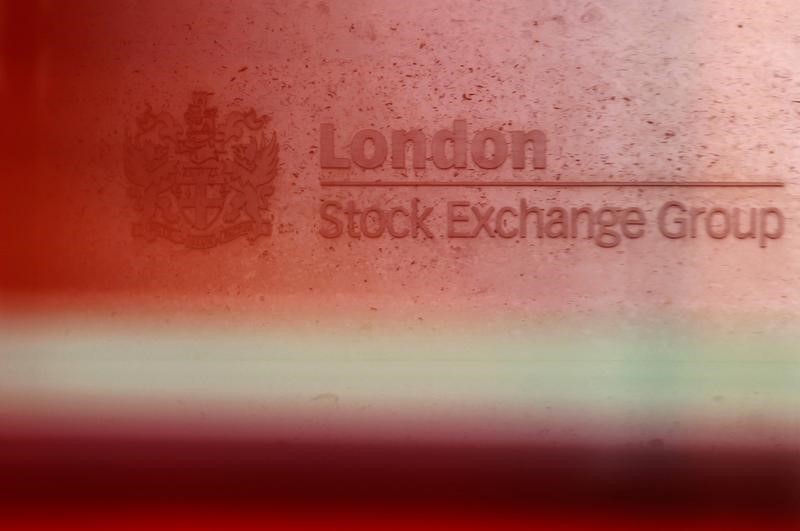By Atul Prakash
LONDON (Reuters) - FTSE steadied near a two-month high on Tuesday, with a fall in mining stocks on the back of weaker metals prices and disappointing earnings from some companies limiting upside potential.
Kingfisher fell 5.1 percent, the top decliner in the benchmark FTSE 100 index, after Europe's No. 1 home improvement retailer posted a decline in third-quarter profit, hurt by a weak French market and currency movements.
The UK mining index was the worst sectoral performer, dragged down by a 1.9 percent fall in BHP Billiton and a 0.6 percent fall in Rio Tinto.
The blue-chip FTSE 100 index was up 0.1 percent at 6739.32 points by 1209 GMT. The 1.2 percent fall in the mining index followed a 5 percent surge last Friday on a surprise rate cut in China, the world's biggest metals producer.
Copper prices have come under pressure on concerns that the measures by China are unlikely to spur an immediate market recovery for companies facing a winter demand slowdown and a freeze on credit.
"We'd have to see a recovery in the mining stocks to provide the next leg of the rally, but their disappointing performance is a reflection of global demand at the moment," said Ioan Smith, managing director at KCG Europe.
Miners are heavily weighted in FTSE 100 and, while their gains last Friday lifted the index to a two-month high, the recent underperformance of commodity-linked stocks means it remains 2.5 percent off a 2014 high hit in September.
Among other top decliners, energy services firm Petrofac fell 2 percent, extending its slide this week to almost 30 percent, hit by bank downgrades after guiding for lower profit on Monday.
On the positive side, fixed-line telecoms giant BT rose 1.5 percent on continued chatter about a strategic tie-up to help it enter the mobile communications market.
Sky rose 2.5 percent to top the FTSE 100's gainers' list, with traders saying that BT's likely move to focus on the mobile market could take its attention away from Sky's key interest, pay TV.

The airlines easyJet and IAG both rose about 1.4 percent on lower oil prices.
(Additional reporting by Alistair Smout; Editing by Kevin Liffey)